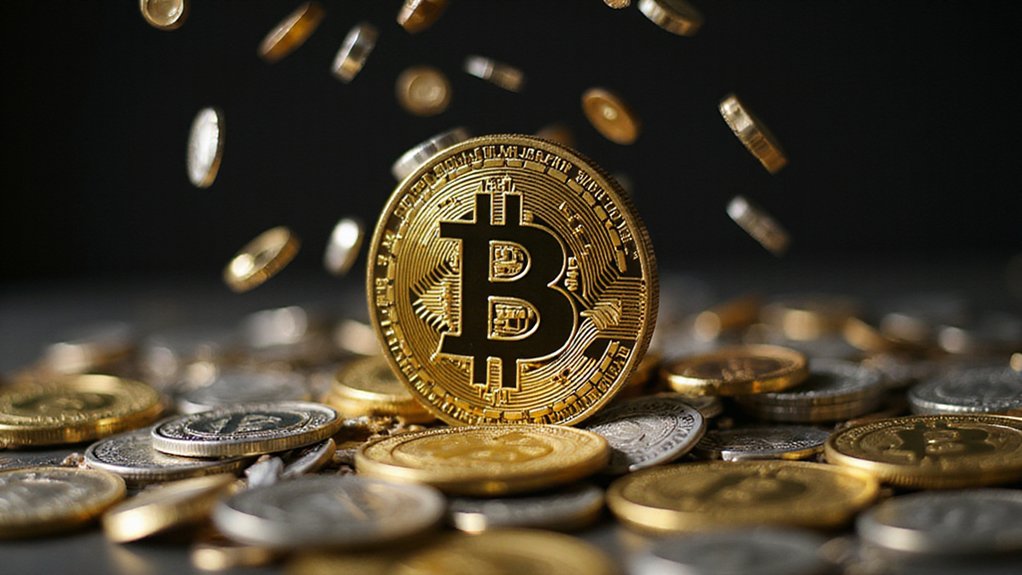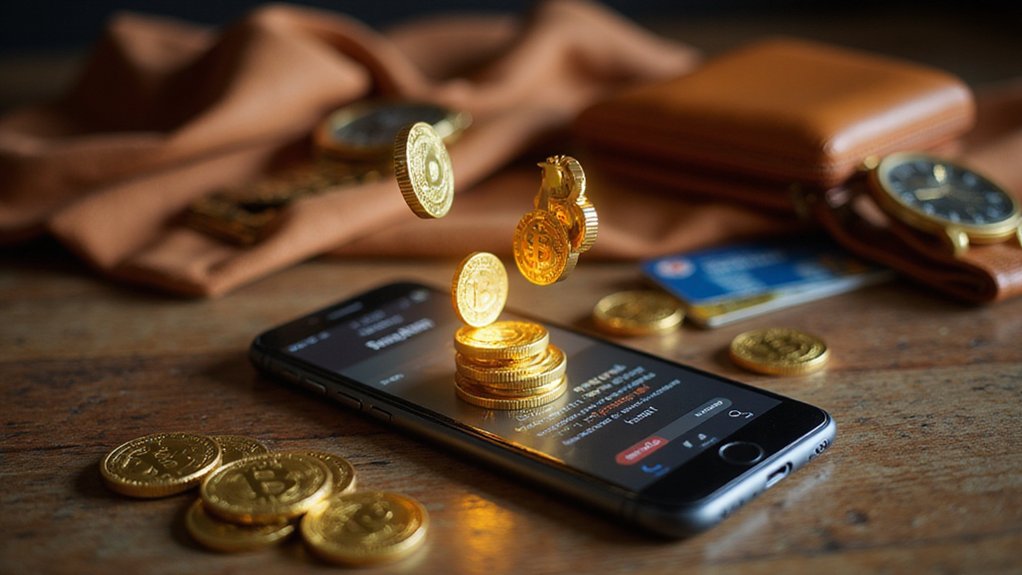While financial commentators in the West debate whether cryptocurrencies represent revolutionary technology or elaborate speculation, South Korea has quietly transformed into a digital asset juggernaut where nearly one in three citizens maintains a crypto exchange account—a penetration rate that would make traditional banks weep with envy.
The numbers reveal a market bordering on the surreal: over 16 million South Koreans hold crypto exchange accounts, with trading volumes forecast to reach $663 billion in 2025. This places the Korean won as the second-most-used fiat currency for crypto transactions globally, trailing only the almighty dollar—a distinction that would have seemed preposterous just five years ago.
What’s particularly striking is the demographic shift driving this phenomenon. While earlier crypto booms attracted a broader age spectrum (with nearly half of 2021 users in their 40s and 50s), today’s surge is decidedly youthful. Investors in their thirties now constitute the primary demographic, with approximately 25% of South Koreans aged 20 to 50 owning digital assets. This generational migration toward speculative assets suggests either unprecedented financial sophistication among millennials or a collective abandonment of traditional investment wisdom.
The retail enthusiasm borders on the manic. Daily crypto trades frequently exceed $12 billion, while crypto trading activity now surpasses traditional stock market participation—a development that would have horrified previous generations of Korean savers. Following the 2024 US presidential election, over 500,000 new crypto accounts materialized within weeks, accompanied by Korean currency deposits at domestic exchanges doubling to 10.7 trillion won. South Korea has emerged as Asia’s best-performing crypto market, setting benchmarks that other regional markets now struggle to match.
Perhaps most remarkably, South Korea’s crypto market nearly doubled from 56.5 trillion won to 108 trillion won ($77.5 billion) during the second half of 2024 alone. Experts predict user numbers could reach 20 million by year-end, further accelerating this digital transformation. The explosion in Korean crypto adoption mirrors global trends toward DeFi applications, which leverage blockchain technology and smart contracts to provide lending, borrowing, and trading services without traditional financial intermediaries.
The government’s regulatory approach has proven surprisingly accommodating, fostering an environment where exchanges like Upbit and Bithumb facilitate high-frequency trading for millions of users daily. The financial regulator currently oversees 25 registered virtual asset market operators, including 17 crypto exchanges and 8 wallet providers. Whether this represents enlightened policy or regulatory capture remains an open question, though the market’s explosive growth suggests Korean authorities have chosen pragmatism over prohibition—a stance that may ultimately define the future of digital finance.








